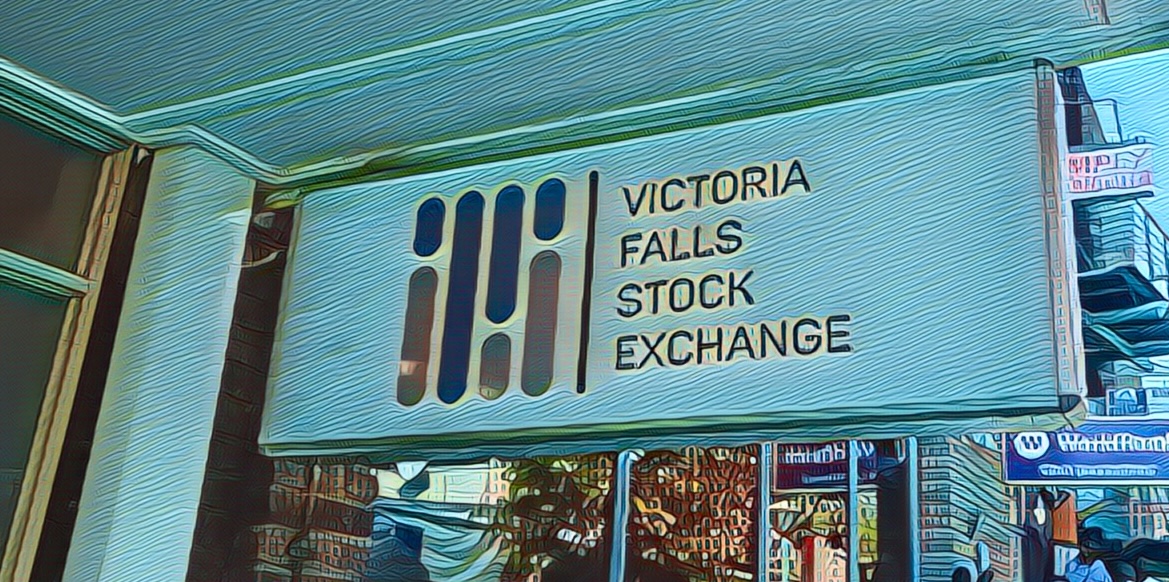Zimbabwe is facing a severe economic crisis, with soaring inflation, chronic power shortages, and widespread poverty. But amid the gloom, there is a glimmer of hope: the Victoria Falls Stock Exchange (VFEX).
The VFEX, launched in July 2020, is a subsidiary of the Zimbabwe Stock Exchange (ZSE) that allows companies to list and trade their shares in foreign currency, mainly US dollars. This offers a hedge against the volatility of the local currency, the Zimbabwean dollar, which has lost more than 90% of its value since its reintroduction in 2019.
The VFEX also offers tax incentives, such as exemptions from capital gains tax and withholding tax on dividends, as well as relaxed exchange controls and repatriation of funds. These features have attracted both local and foreign investors, who see the VFEX as a gateway to the region’s markets.
A Torrent of Listings
The VFEX has witnessed a flurry of listings in recent months, with several companies parting ways with the ZSE to move to the foreign currency-denominated bourse. Some of the big names include Simbisa Brands, a fast-food chain, Nedbank, a banking group, Caledonia Mining, a gold producer, and Padenga Holdings, a crocodile skin exporter.
According to Justin Bgoni, the chief executive officer of the VFEX, the bourse has a market capitalization of over $1.2 billion and has traded more than $26 million worth of shares since its inception. He expects the mining and tourism sectors to follow with more listings, especially since the COVID-19 pandemic has hit them hard.
“We are very excited about the prospects of the VFEX. It is a platform that enables companies to raise capital in foreign currency, which is very critical for their operations and expansion. It also gives them access to a wider pool of investors, both local and international, who are looking for opportunities in Zimbabwe and the region,” Bgoni said.
A Catalyst for Growth
The VFEX is not only a lifeline for struggling businesses, but also a catalyst for economic growth and development. By facilitating foreign direct investment, the VFEX can help create jobs, boost productivity, and generate foreign exchange earnings for the country.
According to a report by Newsday Zimbabwe, the VFEX also supports the government’s vision of transforming Zimbabwe into an upper-middle-income economy by 2030, as outlined in the National Development Strategy 1 (NDS1). The NDS1 is a five-year plan that aims to achieve macroeconomic stability, inclusive growth, and social development.
“The VFEX is aligned with the NDS1, which recognizes the role of the private sector in driving economic recovery and growth. The VFEX is a key enabler of the private sector, especially in the productive sectors of the economy, such as mining, agriculture, manufacturing, and tourism. We believe that the VFEX can contribute significantly to the achievement of the NDS1 goals and targets,” Bgoni said.
The VFEX is a rare success story in a country that has been plagued by economic woes for decades. It is a testament to the resilience and innovation of the Zimbabwean people, who have found a way to overcome the challenges and seize the opportunities in their environment.
The VFEX is also a beacon of hope for the future, as it signals a new era of openness, transparency, and competitiveness in the Zimbabwean economy. It is a platform that showcases the potential and promise of Zimbabwe and invites the world to be part of its journey.


